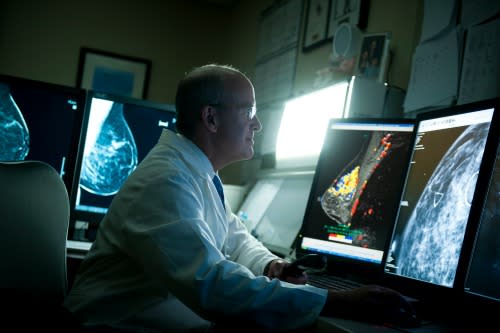Sleep and Breast Cancer: What's the Link?
Published: April 25, 2016l
By: Dominic Joseph Roca, MD PhD and Helen A. Pass, MD, FACS, Co-Director, Breast Center
Book a Mammogram, Or Walk In
Get Same-Day Results During Business Hours
Call 203.276.PINK (7465)
Tully Health Center
M-F: 8am-8pm
Sat & Sun: 8am-4pm
Darien Imaging Center
MWF: 8am-4:30pm
Tue & Thur: 8am-8pm
Sat: 8am-12pm
Greenwich Imaging Center
M-F: 8am-5pm
Wilton Imaging Center
M-F: 8am-5pm
Results given during business hours (8am to 4pm, M-F. For after-hours screening, results the next business day.
With the change to daylight savings time, we can’t help but wonder about the connection between sleep and cancer. We all know that a lack of sleep can make us irritable and impair our function, but even the loss of the one hour of sleep as a result of “springing forward” has been shown to have detrimental effects. Studies have demonstrated an increase in motor vehicle accidents, workplace injuries, heart attacks, cluster headaches, and cyber loafing after the loss of one hour’s sleep. Only cluster headaches increased in frequency with the transition out of daylight savings time in the fall, implicating an alteration in circadian rhythm rather than lack of sleep as the inciting event.
Furthermore, chronic sleep deprivation has been associated with obesity, diabetes, stroke, heart attacks, a decrease in immune function, and cancer. In fact, studies have also identified a fifty percent increased risk of colorectal cancer in people who sleep less than six hours per night.
The data is no better for breast cancer. A recent study published in Breast Cancer Research and Treatment demonstrated that women who get less than six hours of sleep per night had a higher chance of being diagnosed with a more aggressive form of breast cancer that was more likely to recur. The researchers in this study asked 412 women with breast cancer to complete a sleep survey. They then correlate the results and the patient’s OncotypeDx score (a test that measures the likelihood that a cancer will recur). They discovered that women who reported getting less than six hours of sleep per night for the two years prior to their diagnosis were more likely to have a higher recurrence score.
These reports are observational studies and do not prove causality. They do suggest that sleep provides greater benefit than the immediate effects that all of us have experienced. It is important to allow your body to get the sleep that it needs. However, it is important to realize that you cannot force yourself to sleep. Attempting to sleep more than your body needs can result in frustration and insomnia.

Here are some general rules for practicing good sleep “hygiene:”
- Most people need 7-8 hours of sleep a night. You can gauge how much sleep you require by determining how much sleep you are getting at the end of a relaxing week long vacation.
- Regular “get up” times are more important than regular “go to bed times.”
- Avoid alerting activities such as exercise or mentally stimulating activities within 2 hours of sleep.
- Avoid stimulants such as caffeine less than 12 (twelve) hours before bedtime.
- A comfortably cool bedroom is better than a warm bedroom.
- Avoid sleeping late or taking naps if you are prone to having difficulty falling asleep.
- Avoid bright lights within 2-3 hours before bedtime.
- Attempt to relax for at least 30 minutes before going to bed.
- If you need an immediate burst in energy, for example when driving, moderate doses of caffeine and then a short 20 minute nap will serve you well.
- If you snore loudly, find that you are sleepy during the day or are having trouble sleeping please speak to your doctor.
Having trouble sleeping? Learn more about Stamford Health’s Center for Sleep Medicine offerings.
Featured Expert/ Author

Allergy and Immunology, Critical Care Medicine, Internal Medicine, Pulmonary Disease, Sleep Medicine
4.9 / 5 | 85 ratings




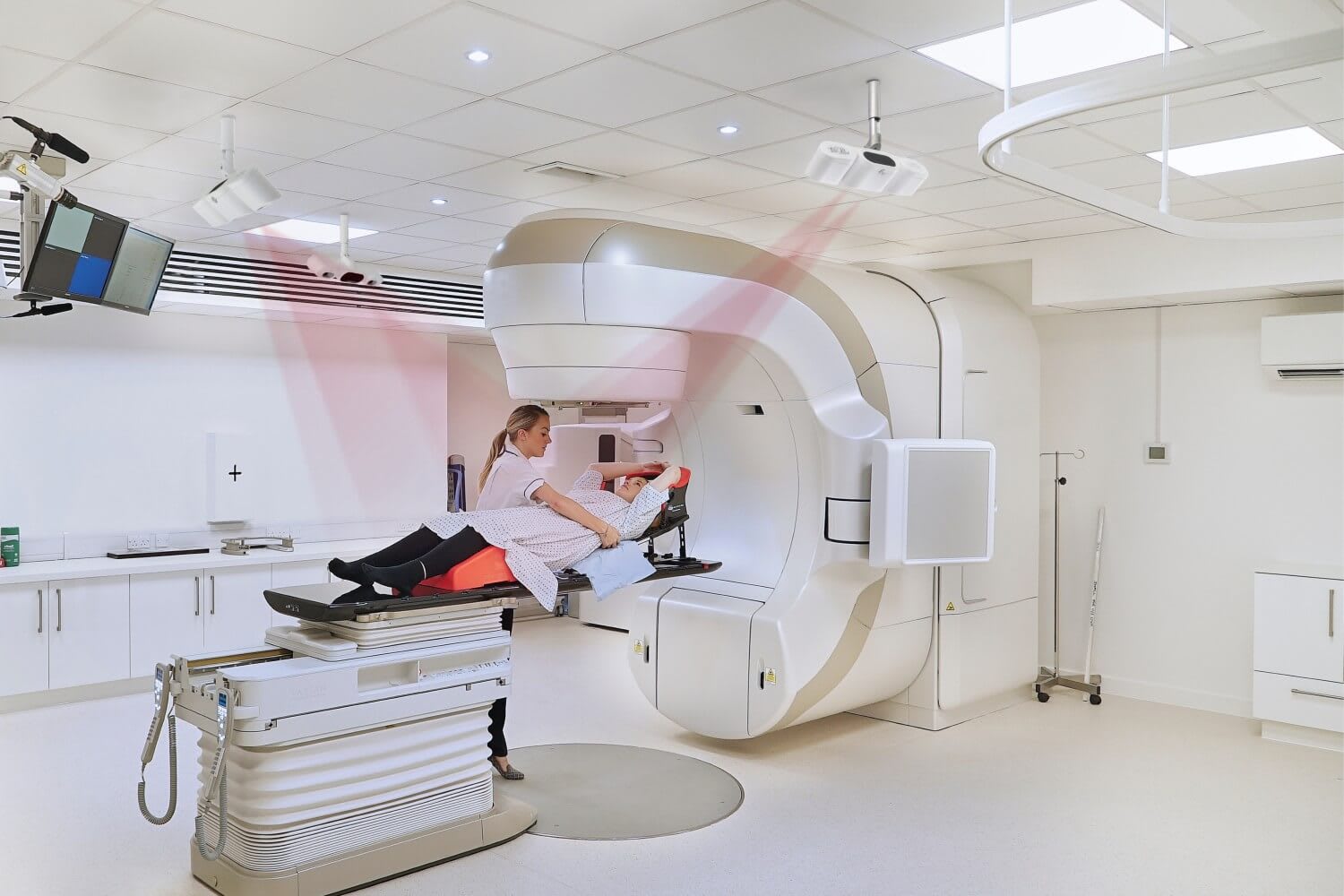




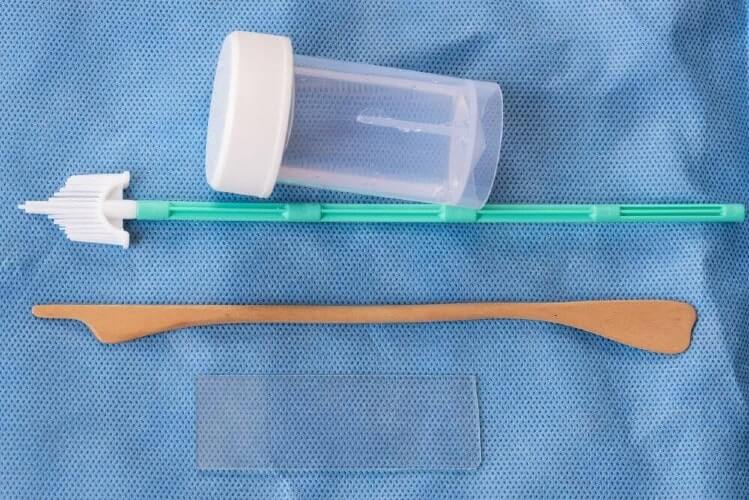




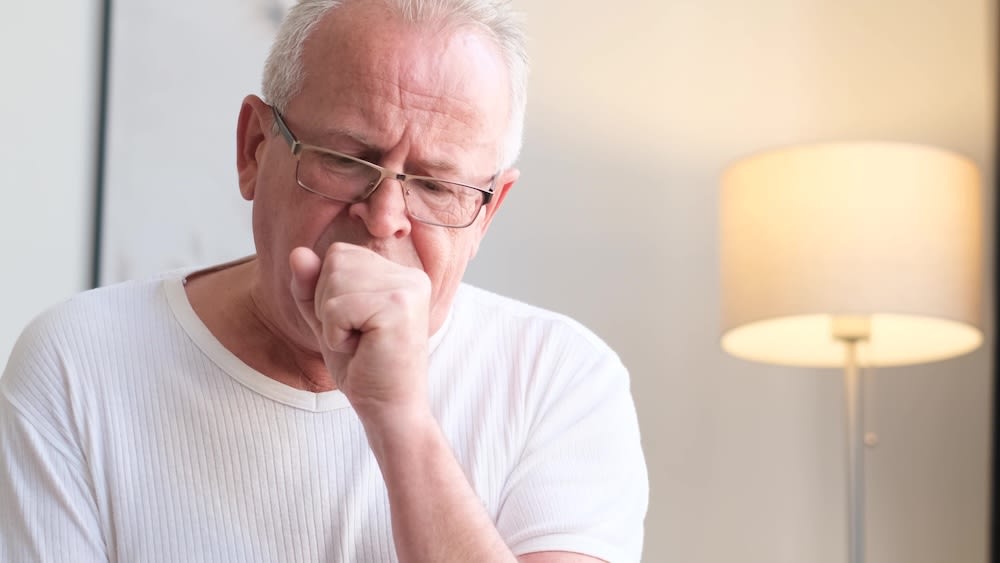





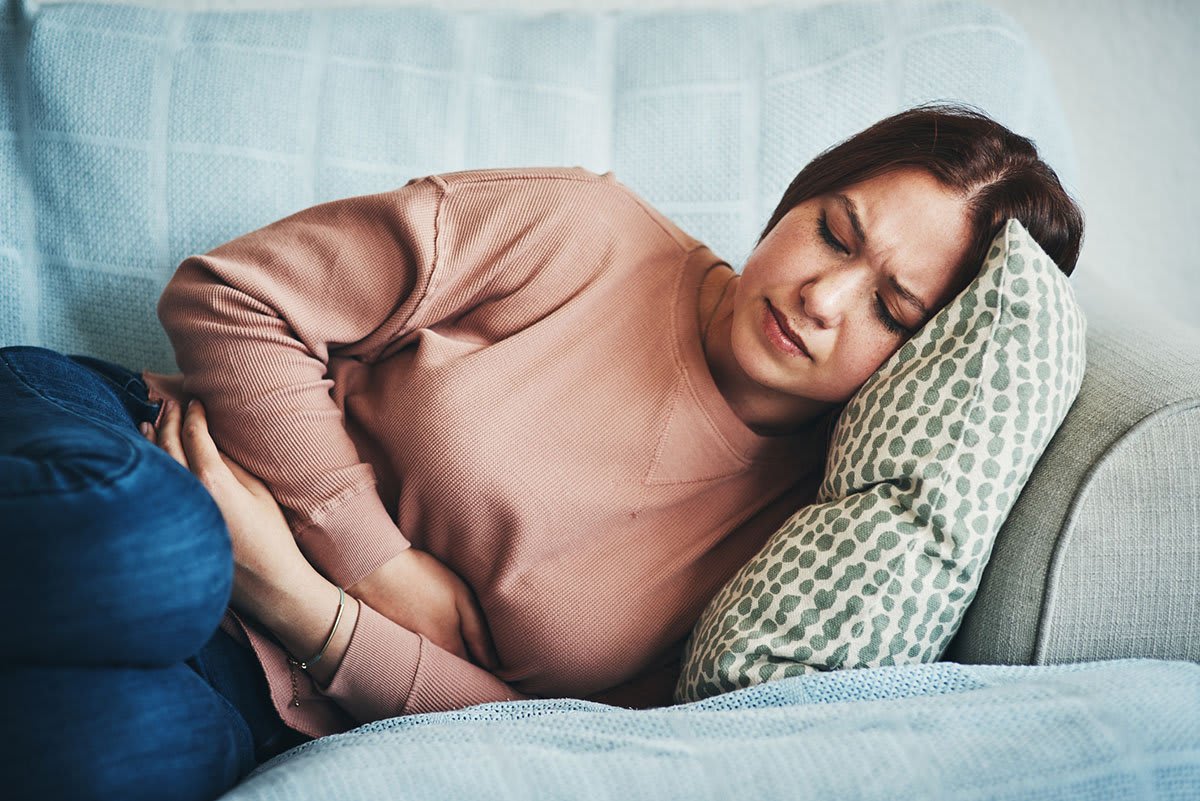
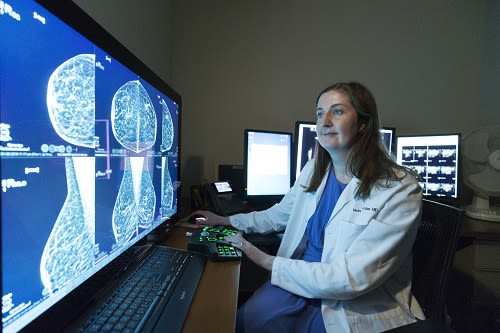
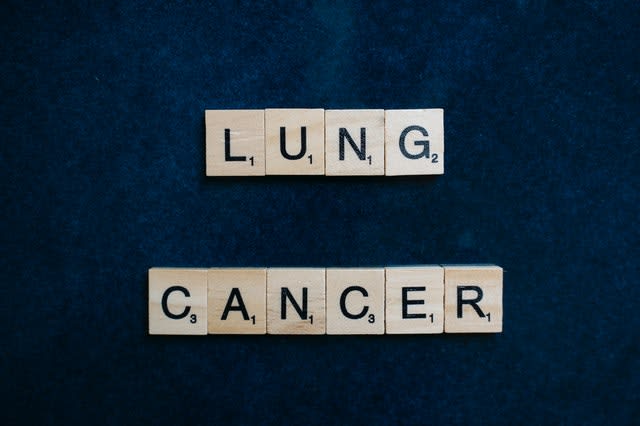

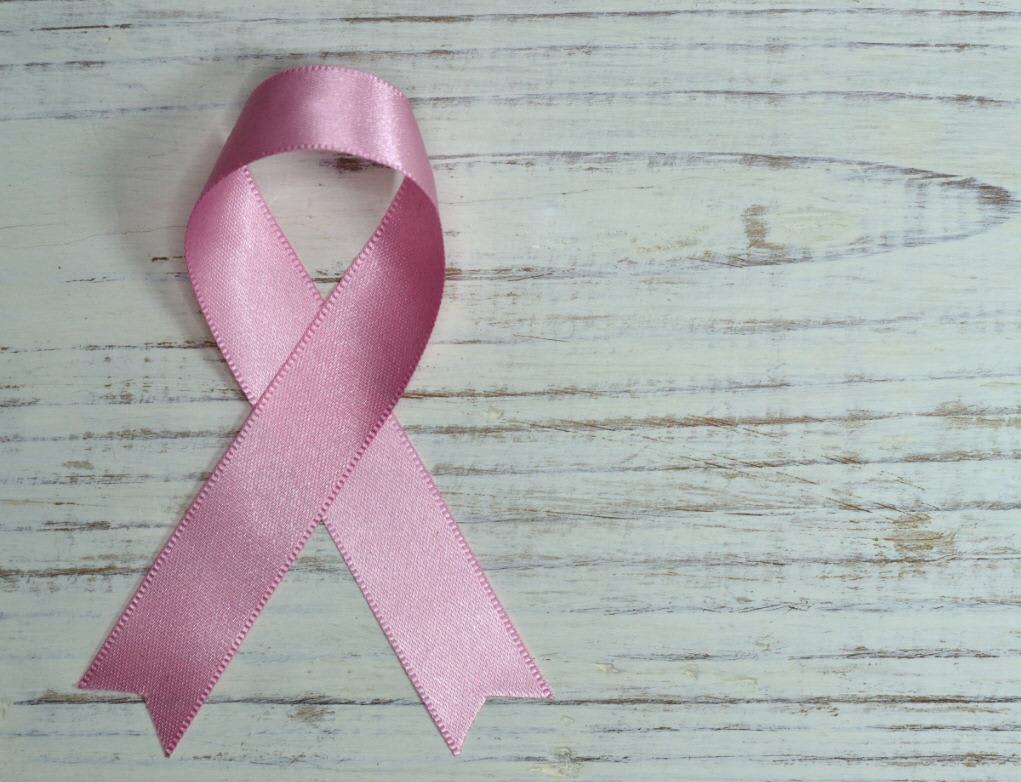
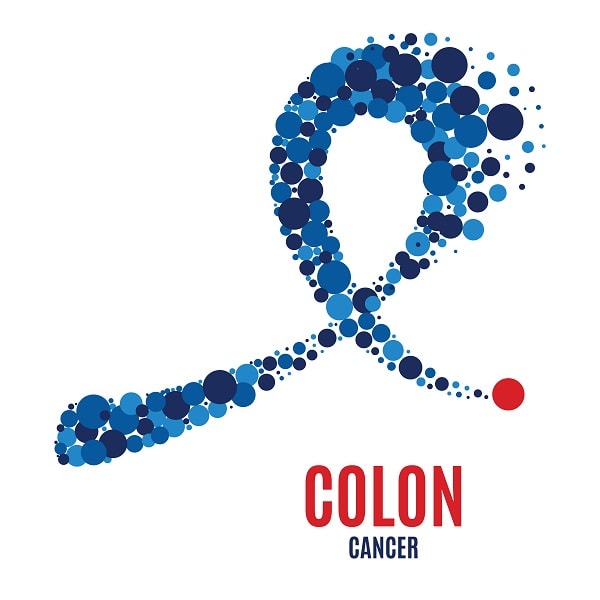
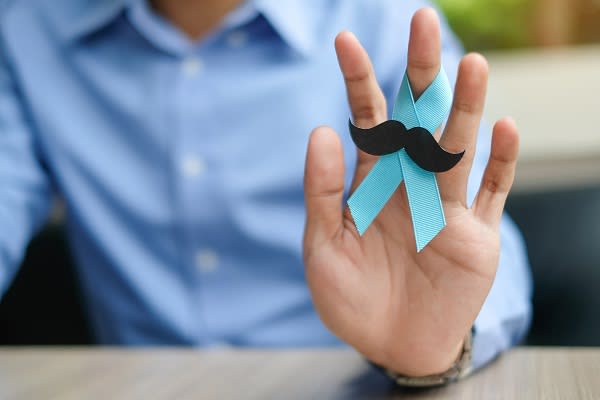
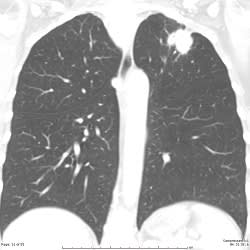










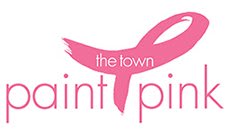

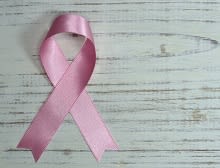
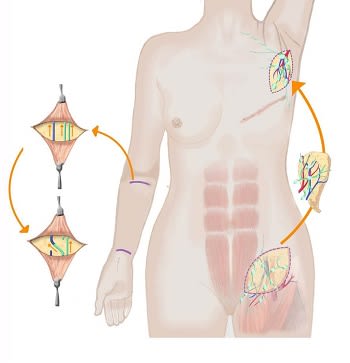




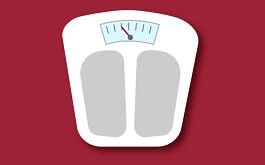
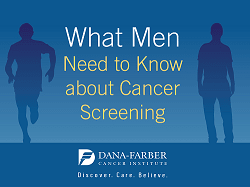
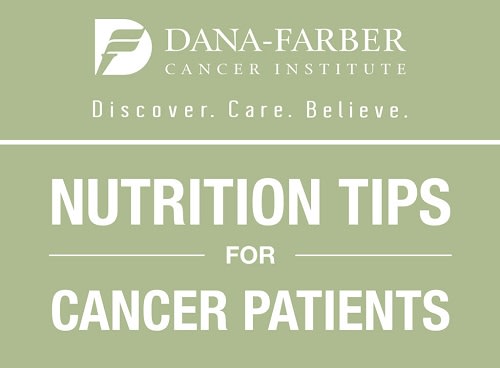









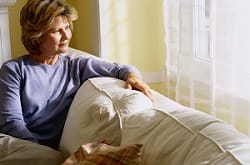

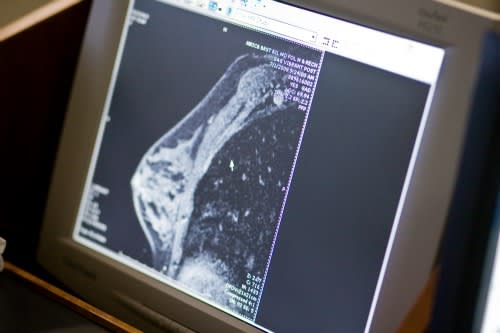







)


)
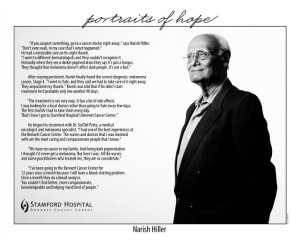
)
)
